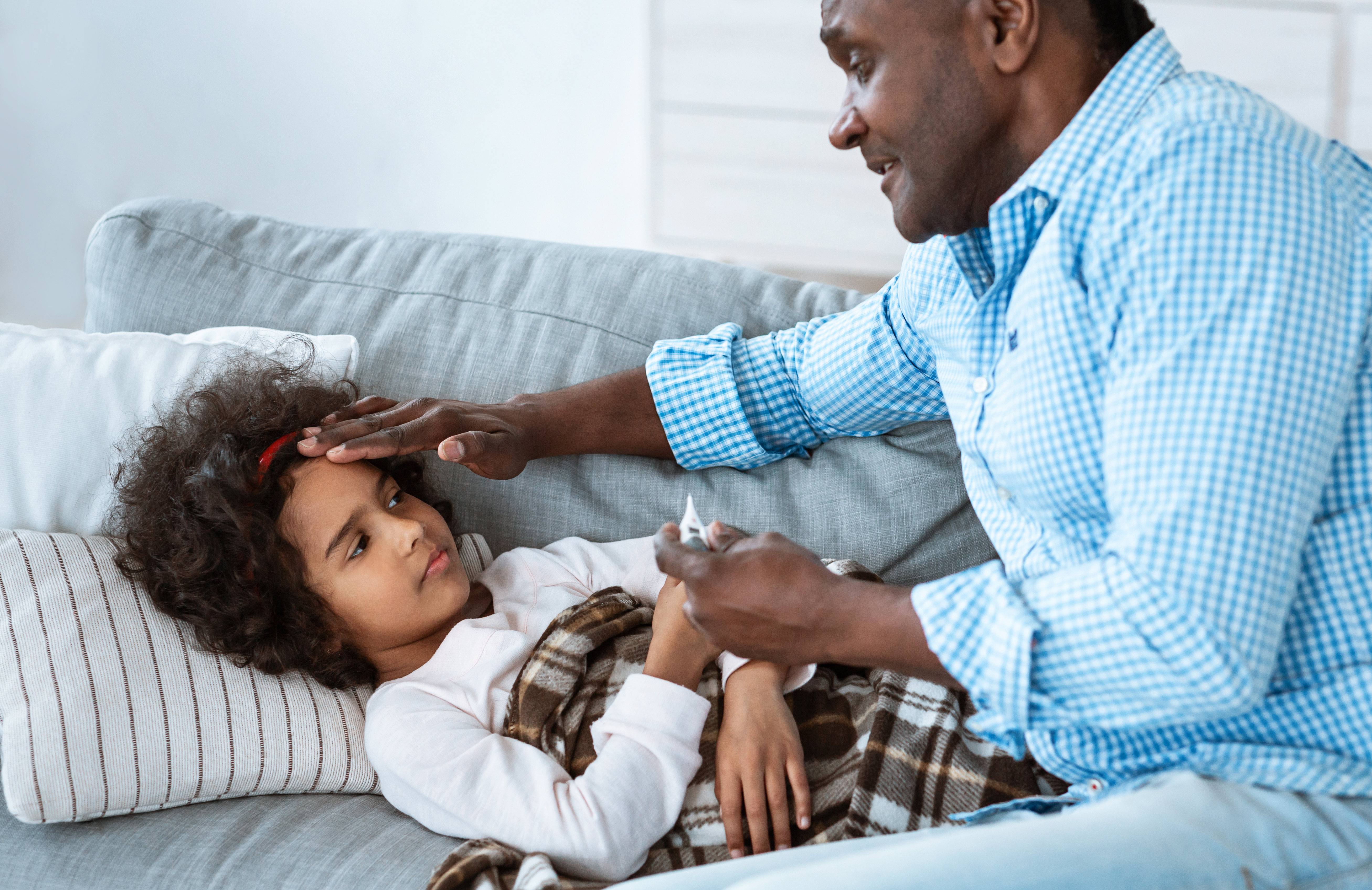Most Common Infectious Diseases That Require Home Disinfections
After a member of your household has been sick, it’s important to disinfect quickly to avoid it spreading to everyone else in the home. Here are some common infectious diseases that you should make sure to disinfect your home after.
Coronaviruses
COVID-19 is an example of a coronavirus. There are actually a lot more. The common factor connecting them is that they attack the respiratory system. Symptoms can vary from mild breathing issues to the inability to breathe unassisted.
It is, however, important to understand that you can have a mild case of a serious disorder. For example, you may feel like you have a regular cold when you actually have COVID-19. This means that you should always arrange a  home disinfection, infectious disease may leave you barely touched but be deadly to someone else in your family.
home disinfection, infectious disease may leave you barely touched but be deadly to someone else in your family.
Influenza
The symptoms of influenza (or flu) are very similar to the symptoms of COVID19 (and also the common cold). They do, however, tend to develop much more slowly than the symptoms of COVID19 and much more abruptly than the symptoms of the common cold.
If you have the flu, you’re less likely to experience shortness of breath than if you have COVID19. That said, if your breathing system is compromised, symptoms will be more severe than if you had a cold. You’re much more likely to experience body aches than with either a common cold or COVID19.
Although the flu has rather taken a backseat to COVID19, it is still a deadly threat. It’s most prevalent from late fall through to early spring but can, in principle, strike at any time of year. It’s also highly contagious. This is why it’s vital to have your home disinfected thoroughly.
Chickenpox/Shingles
Chickenpox and shingles and both caused by the varicella-zoster virus (VZV). The first time the virus activates, you will experience chickenpox. This is a fairly mild illness. It starts with red bumps, the red bumps turn into blisters and then the blisters turn into scabs. These are not really painful but they itch constantly.
Unfortunately, having chickenpox does not give you full immunity from the varicella-zoster virus (VZV). Neither does the chickenpox vaccine. It can however reduce the symptoms you experience if you contract chickenpox. If the virus reactivates, then you will experience shingles.
The symptoms of shingles are broadly similar to the symptoms of chickenpox. The condition is, however, much more painful. Left untreated, it can lead to potentially fatal complications such as encephalitis, strokes, or pneumonia. It can also leave you vulnerable to bacterial infections.
Technically, chickenpox and shingles themselves aren’t contagious but the VZV definitely is. This means that you should make it a priority to have your home disinfected if anyone experiences chickenpox or shingles.
Noroviruses
Noroviruses are generally classed as a form of food poisoning. It is true that the initial case may be caused by contaminated food. The problem is that noroviruses also spread very easily through contact with surfaces and through person-to-person transfer. This makes them extremely contagious as well as highly dangerous.
Standard symptoms of noroviruses include stomach cramps, nausea and vomiting, and diarrhea. Serious cases may lead to gastroenteritis (inflammation of the stomach and intestines). Noroviruses should be taken very seriously and effective hygiene is vital to combating them.
Keep Your Home & Family Safe











